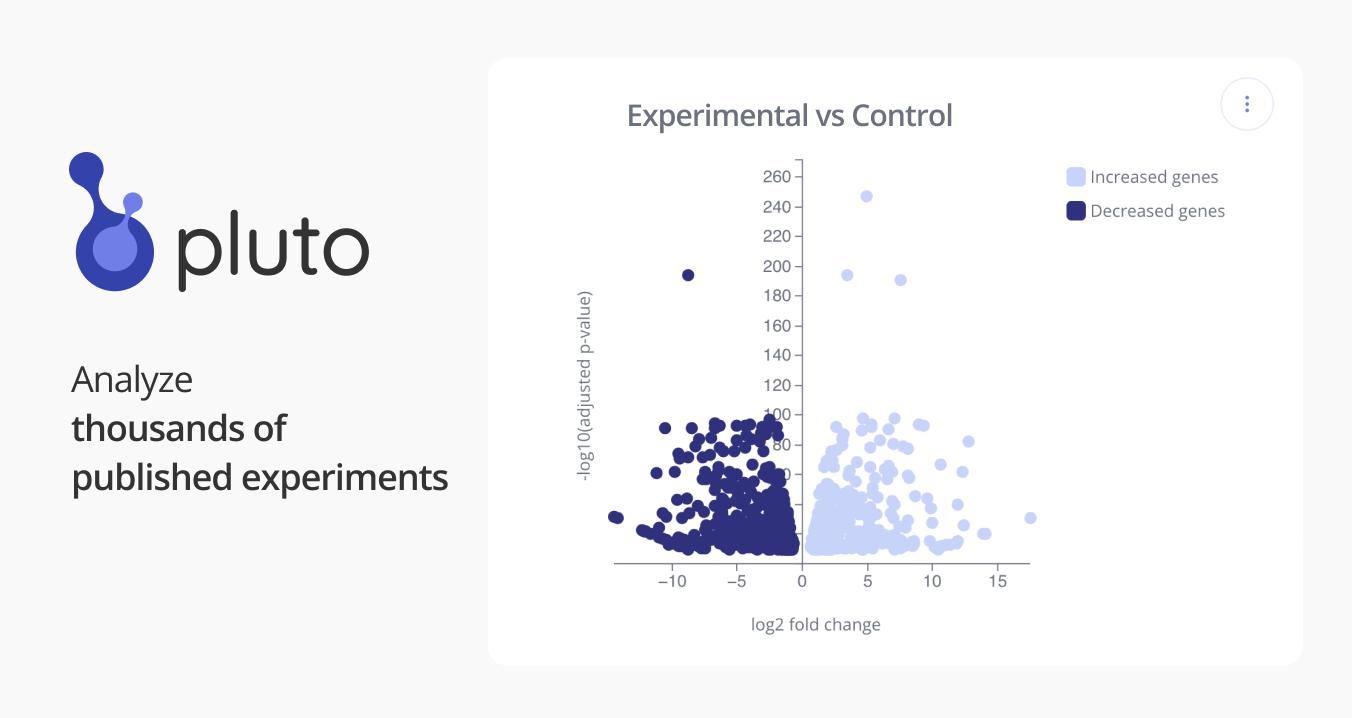Pluto Bioinformatics
GSE94583: Primary Tumor-Derived Liver Cancer Organoids Promote Metastasis in vivo
Bulk RNA sequencing
Past studies have identified hepatic tumors with mixed hepatocellular carcinoma (HCC) and cholangiocarcinoma (CC) characteristics which have a more aggressive behavior and a poorer prognosis than classic HCC. Whether this pathological heterogeneity is due to a cell of origin of bipotent liver progenitors or the plasticity of cellular constituents comprising these tumors remains debated. In this study, we investigated the potential acquisition of CC-like traits during advanced development of HCC in mice. We first characterized the primary and rare high-grade HCC developed in a genetic mouse model. We further developed a mouse model of highly efficient HCC invasion and metastasis via orthotopic transplantation of liver cancer organoids (LCOs) propagated from primary tumors in the genetic model. We found invasive/metastatic tumors developed in both models closely recapitulated advanced human HCC, and displayed a striking acquisition of CC-related pathological and molecular features which was absent in the primary HCC tumors. Our study directly demonstrates the pathological evolution of HCC during advanced tumor development, providing the first evidence that tumors with mixed HCC and CC features, or at least a subset of these tumors, represent a more advanced developmental stage of HCC. Lastly, we found LCO-generated high-grade tumors exhibited significantly increased extracellular vesicle (EV) secretion, suggesting that identifying tumor-specific EV proteins in plasma may be a promising tool for liver cancer detection. SOURCE: David Finkelstein (david.finkelstein@stjude.org) - St Jude Children's Research Hospital
